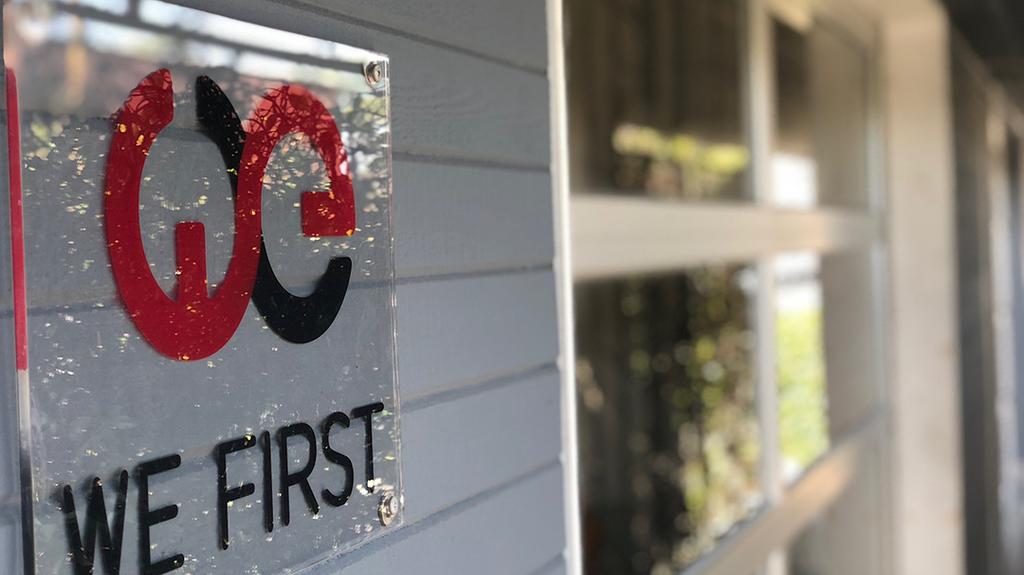
Learners Tell Us What’s Working With We First Works
With the launch of We First Works, we have had many unsolicited and insightful comments and feedback. So much so that we decided to conduct a survey of select learners who have taken one or both purpose courses to hear more about what’s working for them. Here are our findings!
We found that while learners came to the courses with varying objectives from getting clarity about what purpose means, to learning how to weave it into a chosen profession, to articulating a very clear purpose statement for a social venture -- all learners were motivated to increase performance by identifying a north star that could guide their pursuits.
Similarly, whether you’re a new or seasoned social solopreneur, a C-suite executive at an established brand, part of a disruptive startup or simply looking for self-improvement, defining and activating your personal or company purpose will be integral to driving growth and impact.
Here are some insights from our learners that could help shape your own purpose journey:
- Listen to the experience of purposeful leaders.
Many learners found that it was instructive to digest the purpose statements and stories of leading brands and purposeful leaders like Jacqui Burge of Desk Yogi, Rick Ridgeway of Patagonia, Lynda Weinman of Lynda.com, Lanre Idewu of FIT4LA and Jordan Glassberg of TOMS. Not only are their experiences compelling, but they demonstrate the practical ways purpose can unlock real value in your own life and for others. Research the path of the leaders you respect and see if you can chart how their guiding reason for being in the world informed their actions.
- Ask for feedback from those you trust.
Some learners found particular value talking to We First Founder & CEO, Simon Mainwaring, and Lead Strategist, Stacy Anderson, during the We First Works virtual office hours about previous paths and future goals while workshopping purpose statements.
Conversations like these are particularly helpful because it is difficult to read the label from inside the jar. In other words, oftentimes friends, family, co-workers or mentors will have a better grasp on the unique talents, values and passions you may bring to bear in any endeavor. Don’t be afraid to run drafts of your purpose statement by neutral observers as they could provide valuable insights to your strengths and blind spots.
- Remember that it’s all about evolution and action.
Several learners responded well to We First Work’s modular approach that encouraged them to chart their purpose journey from before they even began the course, to crafting sequential action plans to bring their purpose to life after it had been defined.
Looking at where you’ve come from is an acknowledgment that your purpose does not arise out of thin air. Many times, you’ve been working around or toward something that has yet to be articulated in the right way. Chart your own journey of previous personal and professional milestones before thinking about what you have been working toward and where to go next.
Likewise, it is one thing to define your purpose, but it is another to put it into practice by scheduling incremental, achievable goals that are aligned with your intentions. Once you define a purpose, brainstorm ways you could act on it in the short term, midterm and long term.
For access to the same content, tools these learners took advantage of and to explore these strategies with virtual online instruction, consider enrolling in our We First Works personal or company purpose course. Feel free to contact us at wfw@wefirstbranding.com if you have any questions.